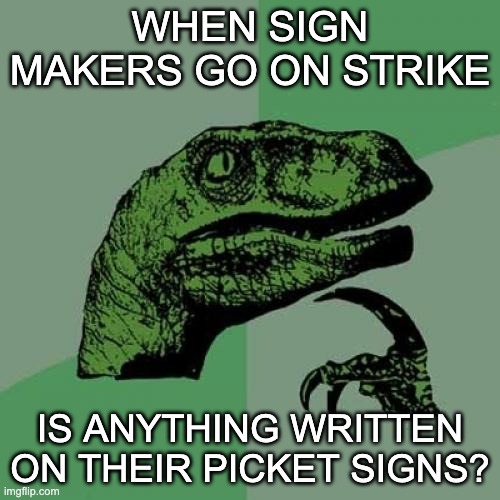

to impress strongly: That particular painting struck my eye.It struck me that I had forgotten to get a gift for the party. to enter the mind of: A happy thought struck him.to reach (the ear) or fall or shine upon, as sound or light does: The bright light struck my eyes.to come (upon) suddenly, as with bad effect: If disaster strikes, will we have any money left? If disaster strikes us, what will we do?.After the fifth time the match finally struck. (of a match) to (cause to) ignite by friction: He struck a match and lit the oil lamp.to produce by hitting or friction: to strike sparks.to thrust forcibly: She struck a pike into the earth.Will lightning strike in the same place twice? to come into forceful contact or collision with Ĭrash into: The ship struck a rock.to drive so as to cause impact or to collide: to strike the hands together.to make a planned attack (on) suddenly: The dive bombers struck at dawn.

Suddenly the mongoose struck and the snake disappeared. to deal (a blow) to (someone), as with the fist, a weapon, or a hammer: He struck a blow at his attackers.Secondary strikes are more commonly known as sympathy strikes, but can be only protected if the employees who they are in sympathy to are striking themselves.Strike /straɪk/ USA pronunciation v., struck /strʌk/ USA pronunciation What this part means is that the action or demand must be against the employer of the employee unless it falls in the scope of the above section. (c) the nature and extent of the secondary strike is reasonable in relation to the possible direct or indirect effect that the secondary strike may have on the business of the primary employer. (b) the employer of the employees taking part in the secondary strike or, where appropriate, the employers’ organisation of which that employer is a member, has received written notice of the proposed secondary strike at least seven days prior to its commencement and (a) the strike that is to be supported complies with the provisions of sections 64 and 65 No person may take part in a secondary strike unless In this section ‘secondary strike’ means a strike, or conduct in contemplation or furtherance of a strike, that is in support of a strike by other employees against their employer but does not include a strike in pursuit of a demand that has been referred to a council if the striking employees, employed within the registered scope of that council, have a material interest in that demand.Ģ. Section 66 of the LRA deals with Secondary strikesġ. If a number of employees simultaneously refuse to work, but do so for different reasons, they are not on strike.” Are or have been employed by the same employer or by different employers: In the unlikely event of a number of employees independently and simultaneously deciding to down tools in response to the same grievance, their action will not constitute a strike, provided that the refusal to work is not collective in both nature and intent. Grogan in his book Workplace law further sets out his explanation to concerted effort as: “When more than two employees down tools, their action constitutes a strike only if they act with a common purpose: they must have agreed to act in concert. He would not be able to strike on his or her own. This implies that a strike occur when two or more employees refuse to work, therefore an employee that refuses to work on his own would be subject to disciplinary action for refusal to work or be in breach of his duties and obligations. For example, quarry workers who continued to cut slate but prevented loaders from removing it from the quarry were held to be on strike.” Concerted refusal: As per Grogan in Workplace law: “Indeed, even employees who are working may be on strike if they retard normal production. Employees that Carry on work but obstruct others from removing items can be seen as a strike as well. This would fall under the retardation part of the definition. Let’s look at the relevant items in the definition: Partial or complete concerted refusal to work, or the retardation or obstruction of work:Įmployees that are on a go slow would form part of the definition as above. A strike is defined in section 213 of the LRA as the partial or complete concerted refusal to work, or the retardation or obstruction of work, by persons who are or have been employed by the same employer or by different employers, for the purpose of remedying a grievance or resolving a dispute in respect of any matter of mutual interest between employer and employee, and every reference to ‘work’ in this definition includes overtime work, whether it is voluntary or compulsory


 0 kommentar(er)
0 kommentar(er)
